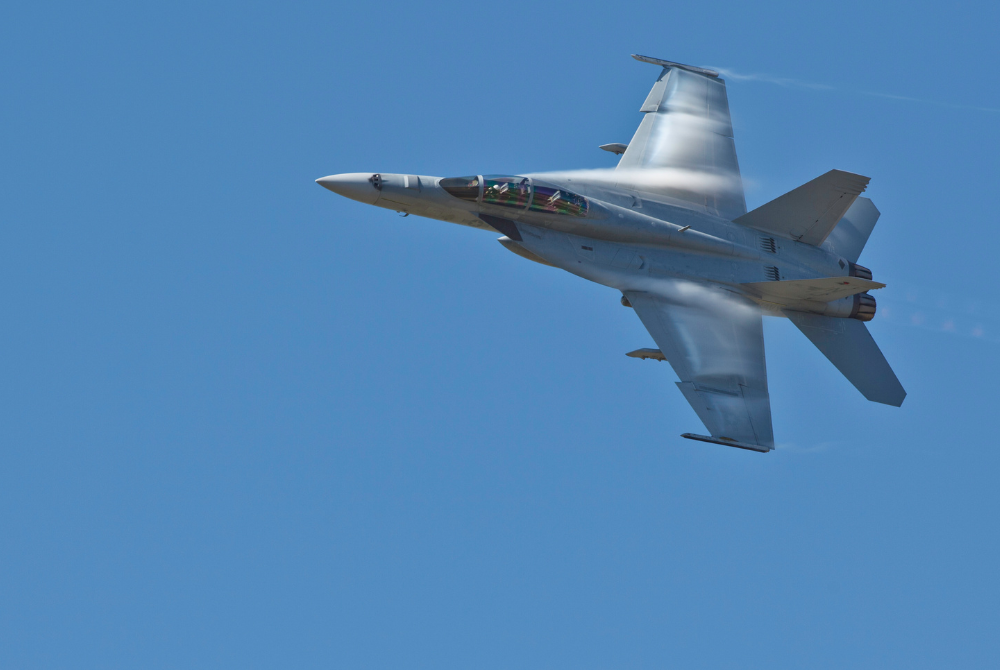The Paramount movie Top Gun: Maverick made about $126 million in its opening weekend. You may remember its 1986 predecessor of a similar name, minus the “Maverick.”
Rather than celebrate its success, however, Paramount may be dealing with copyright entanglement. The heirs of the work on which Top Gun was based are claiming copyright infringement, based on plain tenets of the U.S. Copyright Act.
“Top Guns”: Yonay’s Article
In 1983, freelance journalist Ehud Yonay wrote a magazine piece called “Top Guns,” describing life on a U.S. Naval fighter pilot base. His depiction oriented around the characters and interior lives of the pilots there, who must learn teamwork under extreme pressure.
Paramount licensed the film rights to this article almost immediately, seeing its cinematic potential. And a few years later, in 1986, when the film was released, they credited Yonay’s piece as inspiration. All fair and good, right?
But what throws a curveball after this story is the U.S. Copyright Act, which was passed just a decade prior to the movie.
How The Copyright Act of 1976 Applies to Top Gun: Maverick
The U.S. Copyright Act of 1976 secured stalwart provisions for the protection of creative works in America. For instance, the Act can supercede some contracts that relinquish copyright ownership.
It also established a 35 year active period for derivative licensing of creative works – for example, basing a movie on a book. After 35 years, that license can be returned to the original owner, to be kept or sold again. They have a 5 year window in which to reclaim it.
Yonay’s magazine article fell squarely into this new time frame. And the Yonay children did choose to reclaim their father’s work. They let Paramount know in 2018, and the studio had two years to wrap things up – or re-license the article.
The copyright infringement lawsuit happening now asserts that they did neither.
The Scramble of Dates
One of the key disputes at the center of this case: When did Paramount actually finish the movie? This may also determine the ultimate ruling.
Paramount claims that they had “sufficiently completed” Top Gun: Maverick by January 24, 2020, the deadline for the licensing period. However, the Yonay progeny call May 8, 2021 as the production wrap date. If they are correct, Paramount could have stepped into infringing territory.
This raises other questions. How complete is “sufficiently complete”? Is Paramount marking the finish of the sequel film for legal convenience?
“Your Ego is Writing Checks…”
If Paramount is found to be infringing on Yonay’s copyright, they may owe the Yonays box office and otherwise profits from U.S. sales.
In hindsight, it seems like negotiating a re-license would be a drop in the bucket compared to this loss. Perhaps they thought their production could beat the clock. It should be noted that the Copyright Act only extends to protection within the U.S. Strategically, Paramount could cut its American losses and focus on international box offices.
Lastly, I will add that we may see more of these cases coming up in the next few years. Since we are starting to hit the 35 year mark after the U.S. Copyright Act’s effects, more and more copyright owners may start to reclaim their original copyrights.
